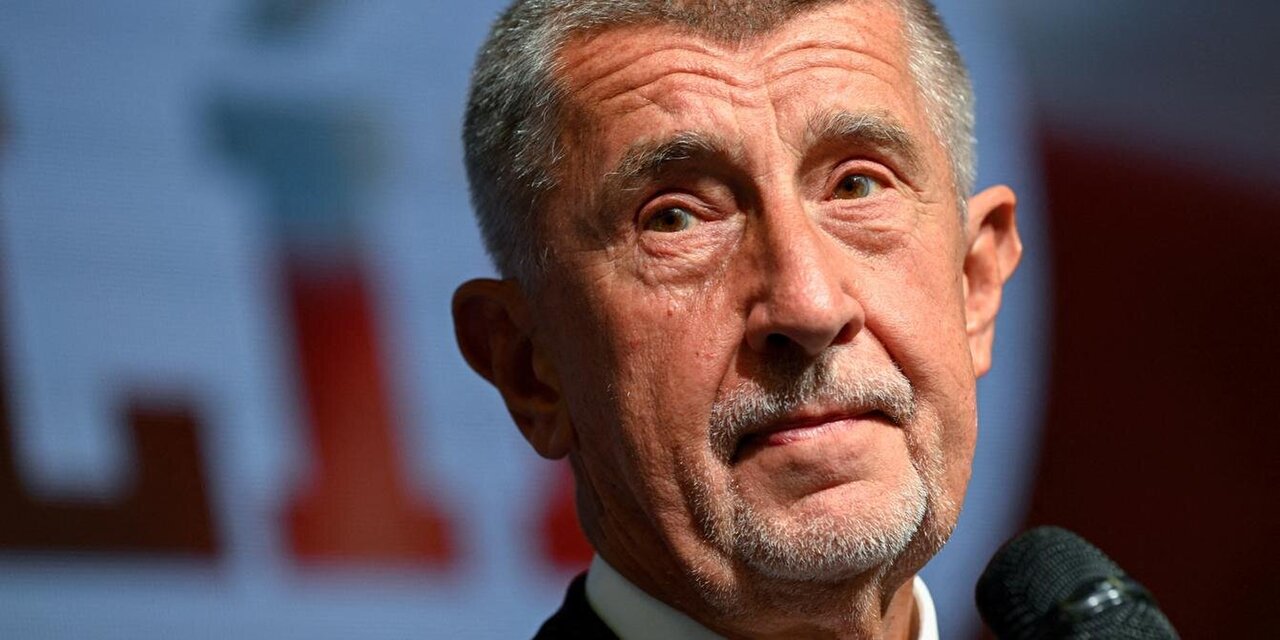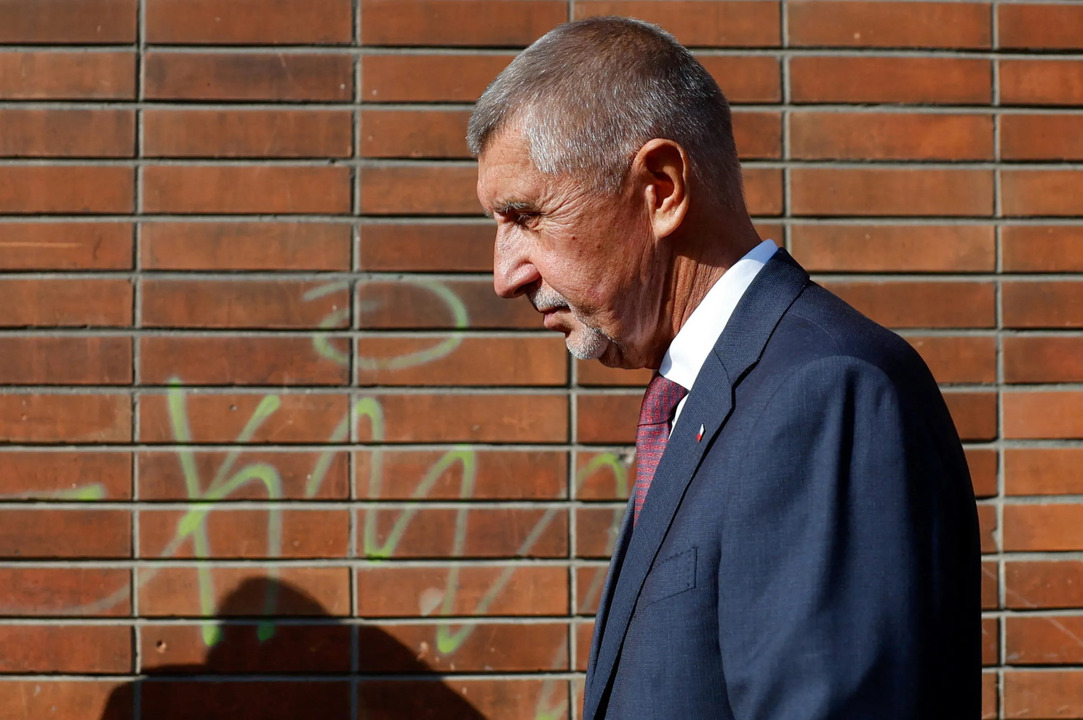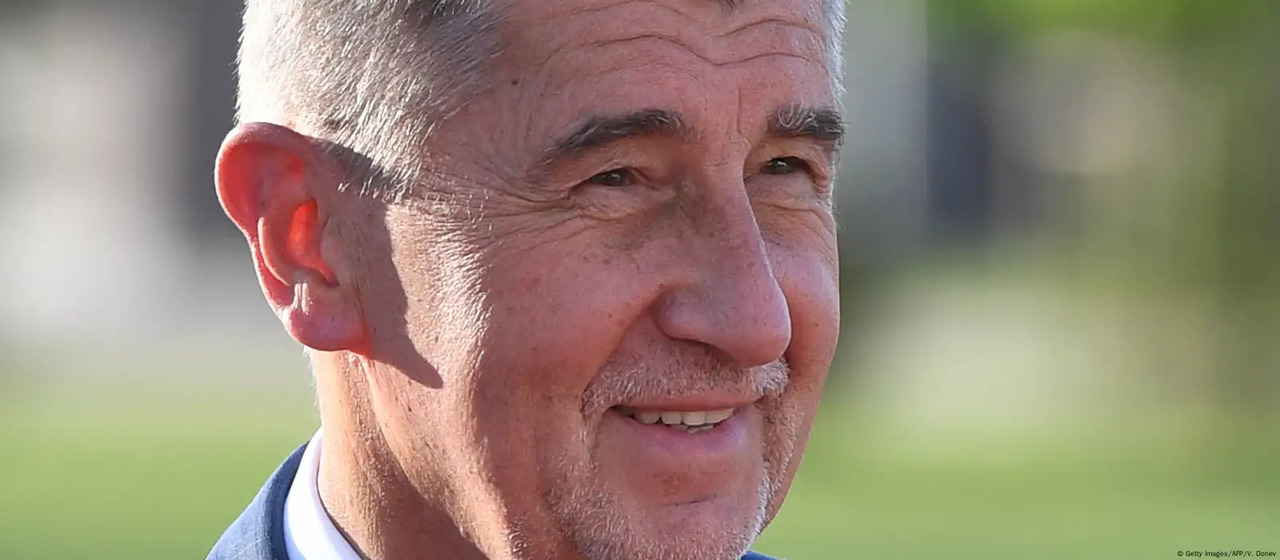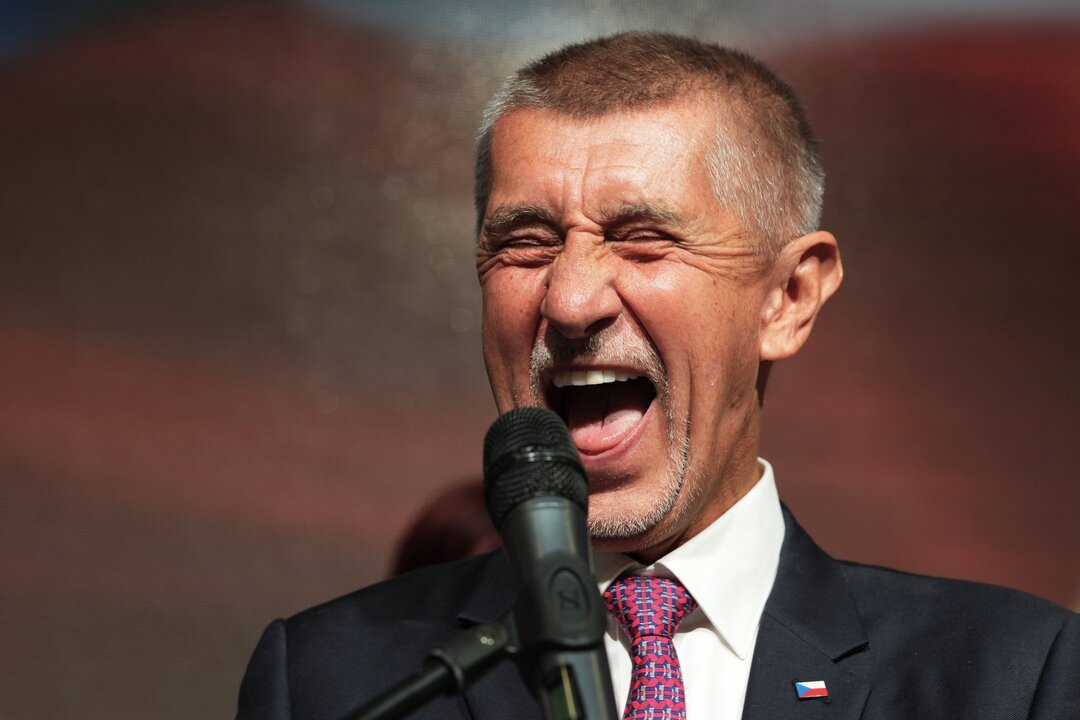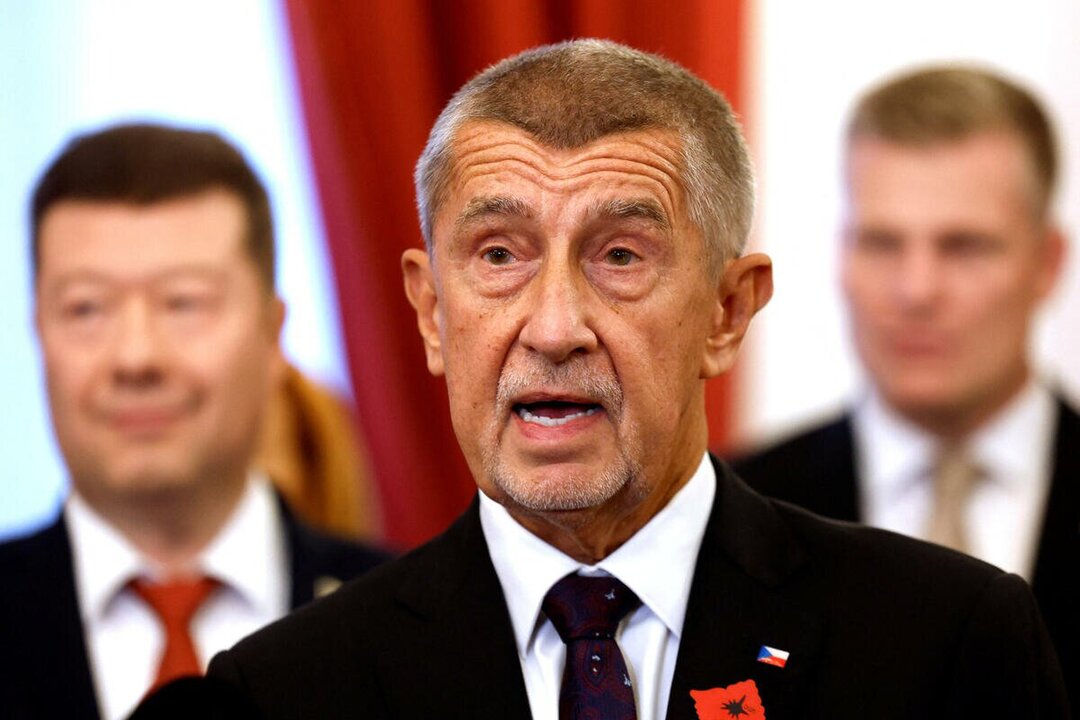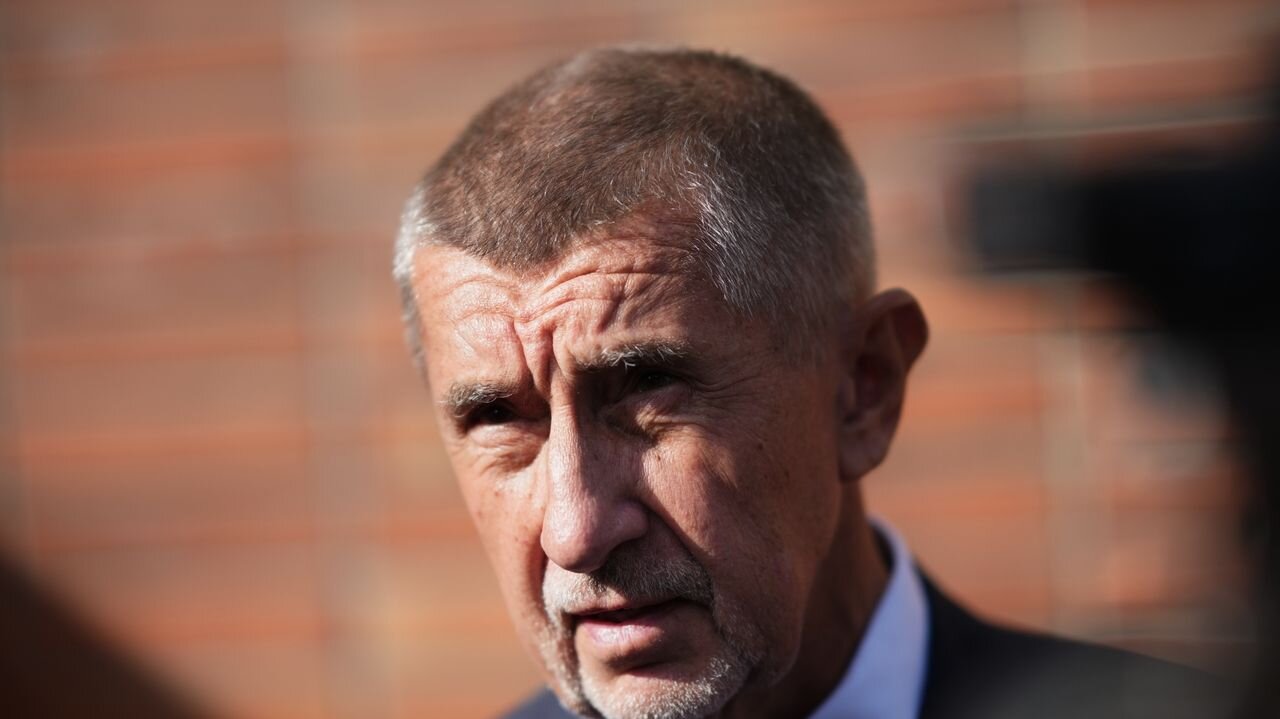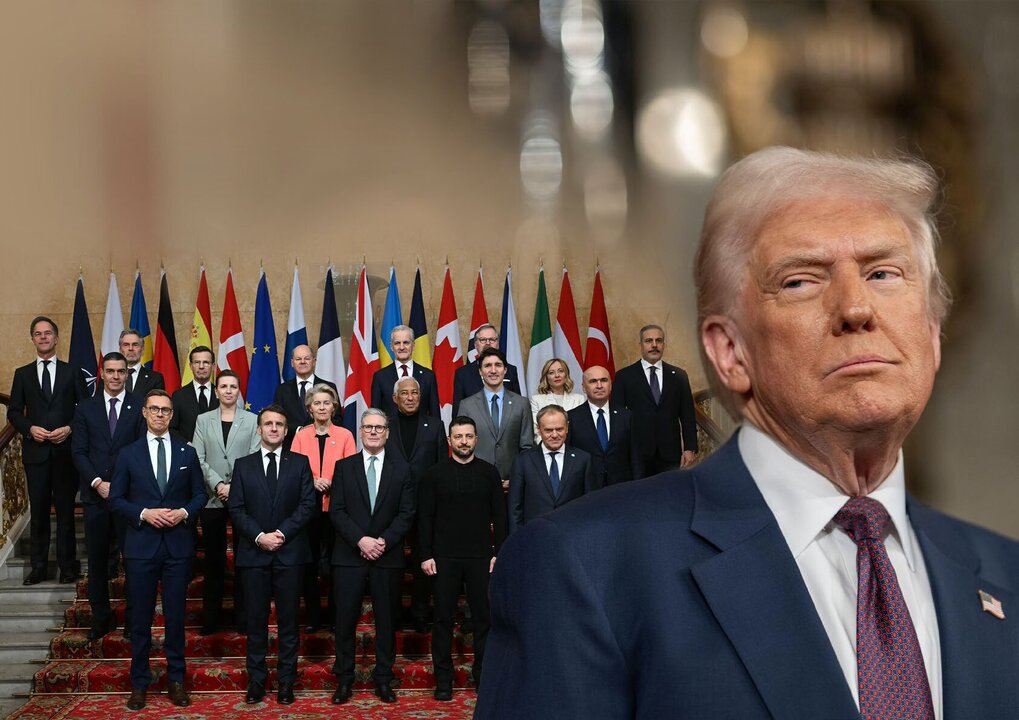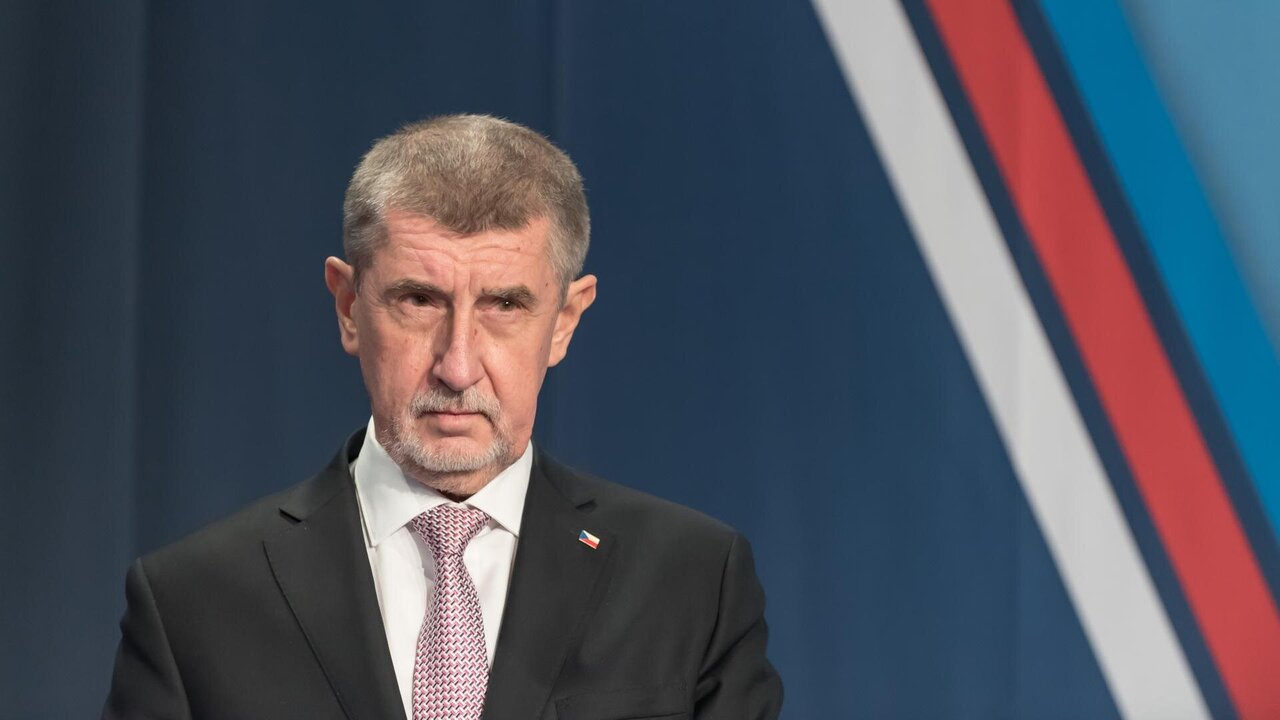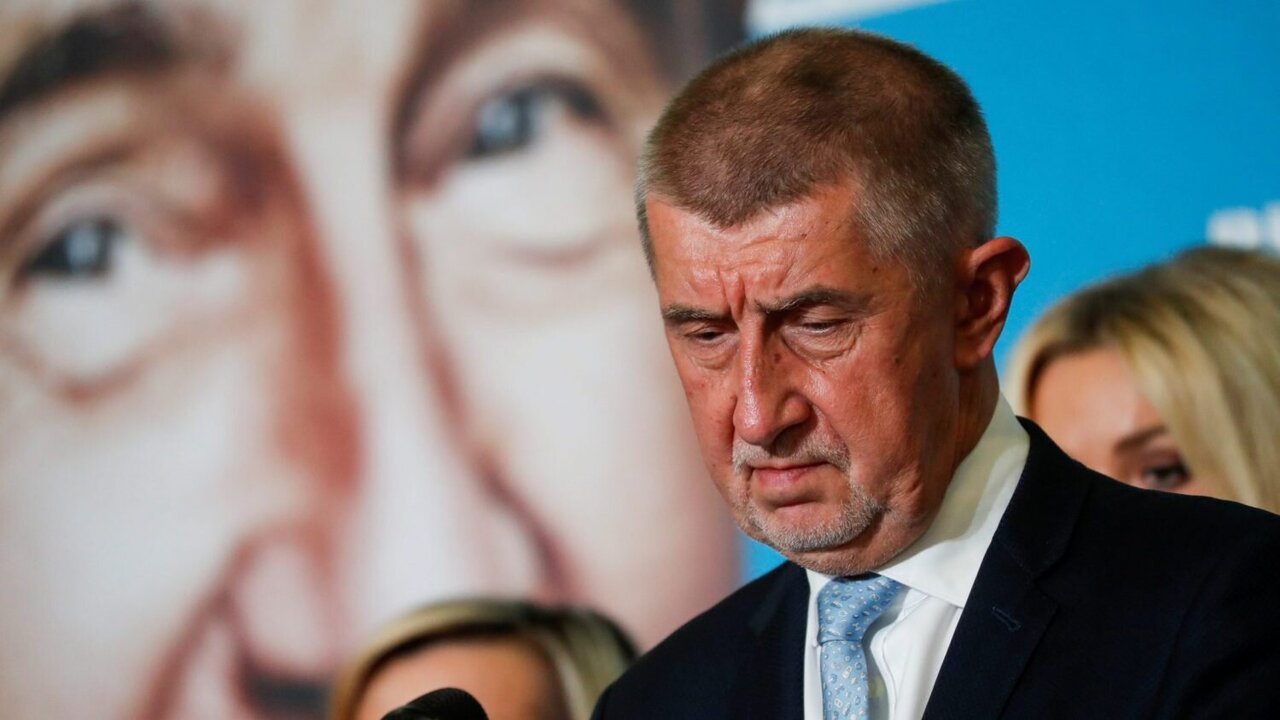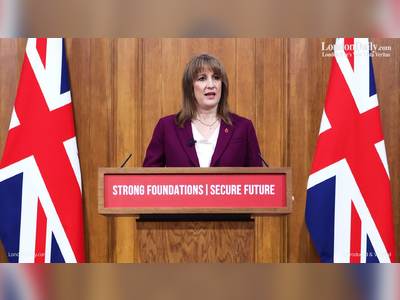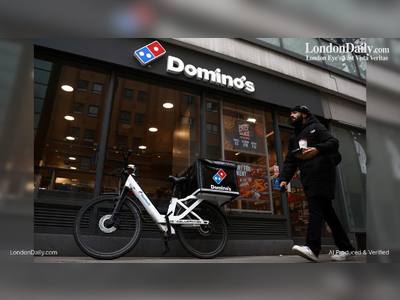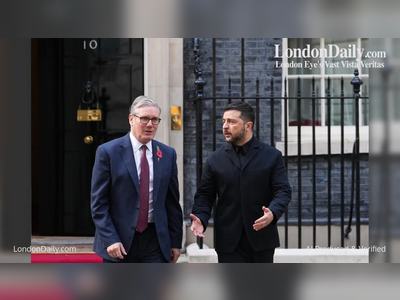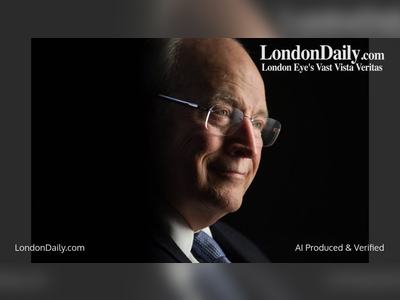A Boost for Europe’s Right: Czech Billionaire Forms Coalition with Pro-Russia Parties
Former Czech Prime Minister Andrej Babiš has announced a coalition with two populist parties — one opposing NATO and another rejecting EU green reforms — as he prepares to return to power.
Former Czech Prime Minister and billionaire Andrej Babiš has taken a decisive step toward returning to power, announcing the formation of a coalition government with two smaller populist movements: the far-right Freedom and Direct Democracy Party (SPD), known for its pro-Russia stance and opposition to the European Union and NATO, and the Drivers for Themselves Party, which campaigns against European Union climate policies and the planned 2035 ban on combustion-engine cars.
The coalition deal, signed in Prague, comes a month after Babiš’s populist ANO party won the national elections with roughly thirty-five percent of the vote, securing eighty seats in the two-hundred-member lower house.
Together with the SPD’s fifteen seats and the Drivers Party’s thirteen, the new bloc commands a narrow majority of one hundred and eight.
The agreement marks a shift that has unsettled officials in Brussels, who see it as a strengthening of the Eurosceptic and nationalist bloc alongside Hungary’s Viktor Orbán and Slovakia’s Robert Fico.
Babiš, aged seventy-one, made his fortune in agriculture and chemicals before entering politics.
He previously led the Czech Republic between 2017 and 2021, when he faced repeated clashes with the European Union over alleged conflicts of interest concerning EU funds directed to his business empire.
Now, while insisting that the Czech Republic will remain a 'reliable ally' of NATO and the West, Babiš has declared he will halt military aid to Ukraine, saying, 'We gave everything to Ukrainian mothers and nothing to Czech mothers.' The coalition agreement also calls for maintaining close relations with Israel.
The SPD, led by Czech-Japanese businessman Tomio Okamura, has demanded a referendum on leaving the European Union, though Babiš ruled this out.
Still, he criticized what he described as excessive centralization of power in Brussels and aligned with the SPD’s skepticism toward further military support for Kyiv.
Okamura has long argued that the West 'made a mistake' by isolating Russia after its invasion of Ukraine, claiming that 'European security over the past four centuries has always been inseparable from Russia.'
The Drivers Party, headed by Petr Machynka, has taken a hard stance against EU climate initiatives.
Its leader questions the scientific consensus on man-made climate change, calling it 'pure propaganda.' The party’s platform seeks to abolish urban bike lanes and block the EU’s 2035 combustion-engine ban, a position reflected in the new coalition’s declaration that the target is 'unrealistic and unenforceable.' Under the deal, the Drivers Party will nominate the foreign minister — former race car driver and European Parliament member Filip Turk — whose candidacy has drawn controversy over past social-media posts allegedly containing racist and sexist language, which he denies as 'political manipulation.'
The incoming government is expected to adopt tougher migration policies and a more assertive tone toward the EU, though Babiš has sought to project moderation.
'I will personally guarantee the country’s foreign and security policy,' he told reporters in Prague.
'We will act responsibly and as statesmen.
Give us a chance to bring unity.' Analysts in Prague believe Babiš will pursue a pragmatic course, leaving the more confrontational rhetoric toward Brussels to Orbán and Fico ahead of Hungary’s 2026 elections.
Economically, the new coalition proposes corporate tax cuts, higher public-sector wages, and energy subsidies — plans that economists warn could cost billions of euros without a clear funding source.
It also opposes adopting the euro, advocating instead for enshrining the Czech koruna’s status in the constitution.
Babiš aims to have his government sworn in by the end of the month to pass next year’s budget on schedule.
Whether his balancing act between Western loyalty and populist nationalism will stabilize or strain Czech politics now depends on the durability of this uneasy alliance.
The coalition deal, signed in Prague, comes a month after Babiš’s populist ANO party won the national elections with roughly thirty-five percent of the vote, securing eighty seats in the two-hundred-member lower house.
Together with the SPD’s fifteen seats and the Drivers Party’s thirteen, the new bloc commands a narrow majority of one hundred and eight.
The agreement marks a shift that has unsettled officials in Brussels, who see it as a strengthening of the Eurosceptic and nationalist bloc alongside Hungary’s Viktor Orbán and Slovakia’s Robert Fico.
Babiš, aged seventy-one, made his fortune in agriculture and chemicals before entering politics.
He previously led the Czech Republic between 2017 and 2021, when he faced repeated clashes with the European Union over alleged conflicts of interest concerning EU funds directed to his business empire.
Now, while insisting that the Czech Republic will remain a 'reliable ally' of NATO and the West, Babiš has declared he will halt military aid to Ukraine, saying, 'We gave everything to Ukrainian mothers and nothing to Czech mothers.' The coalition agreement also calls for maintaining close relations with Israel.
The SPD, led by Czech-Japanese businessman Tomio Okamura, has demanded a referendum on leaving the European Union, though Babiš ruled this out.
Still, he criticized what he described as excessive centralization of power in Brussels and aligned with the SPD’s skepticism toward further military support for Kyiv.
Okamura has long argued that the West 'made a mistake' by isolating Russia after its invasion of Ukraine, claiming that 'European security over the past four centuries has always been inseparable from Russia.'
The Drivers Party, headed by Petr Machynka, has taken a hard stance against EU climate initiatives.
Its leader questions the scientific consensus on man-made climate change, calling it 'pure propaganda.' The party’s platform seeks to abolish urban bike lanes and block the EU’s 2035 combustion-engine ban, a position reflected in the new coalition’s declaration that the target is 'unrealistic and unenforceable.' Under the deal, the Drivers Party will nominate the foreign minister — former race car driver and European Parliament member Filip Turk — whose candidacy has drawn controversy over past social-media posts allegedly containing racist and sexist language, which he denies as 'political manipulation.'
The incoming government is expected to adopt tougher migration policies and a more assertive tone toward the EU, though Babiš has sought to project moderation.
'I will personally guarantee the country’s foreign and security policy,' he told reporters in Prague.
'We will act responsibly and as statesmen.
Give us a chance to bring unity.' Analysts in Prague believe Babiš will pursue a pragmatic course, leaving the more confrontational rhetoric toward Brussels to Orbán and Fico ahead of Hungary’s 2026 elections.
Economically, the new coalition proposes corporate tax cuts, higher public-sector wages, and energy subsidies — plans that economists warn could cost billions of euros without a clear funding source.
It also opposes adopting the euro, advocating instead for enshrining the Czech koruna’s status in the constitution.
Babiš aims to have his government sworn in by the end of the month to pass next year’s budget on schedule.
Whether his balancing act between Western loyalty and populist nationalism will stabilize or strain Czech politics now depends on the durability of this uneasy alliance.
